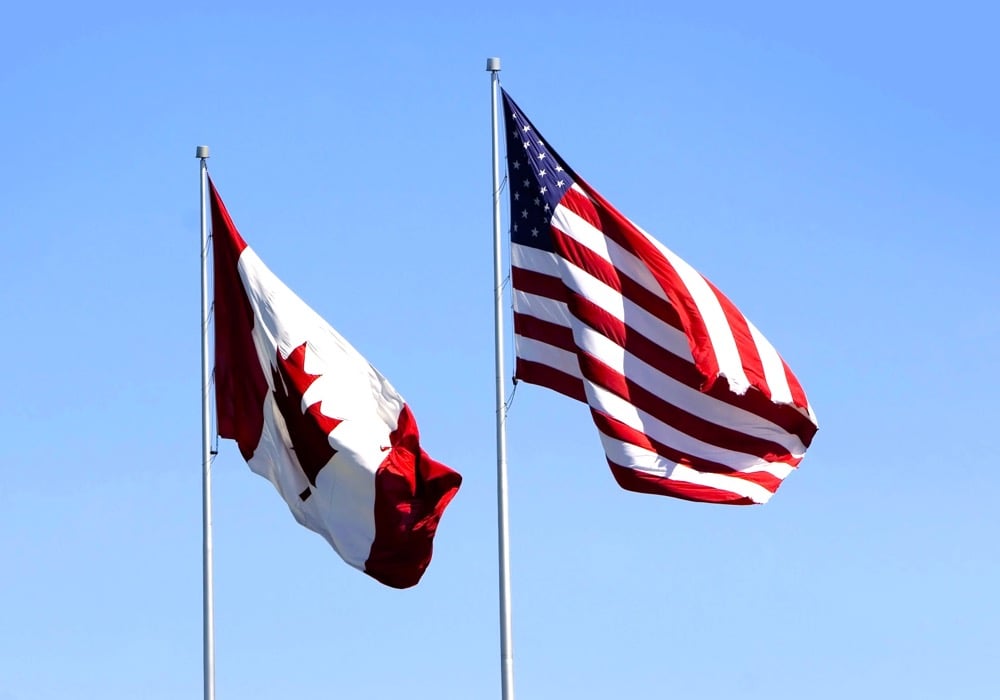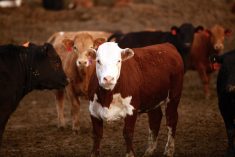The last of Japan’s BSE-related restrictions on Canadian beef are lifted as of last Friday, with the Japanese government’s agreement to allow beef from Canadian cattle over 30 months of age (OTMs).
Citing industry estimates, Agriculture and Agri-Food Canada said the added access announced Tuesday could mean an increase of up to 20 per cent in Canada’s beef exports to Japan, which took in $215 million worth of Canadian beef in 2018.
Japan had closed its ports entirely to Canadian beef in 2003, upon Canada’s first finding of a domestic cow with BSE. It reopened to imports of Canadian beef from cattle 20 months of age or younger in 2005, and to beef from cattle 30 months or younger (UTMs) in 2013.
Read Also

Canadian trade data delayed by U.S. government shutdown
Canadian international trade data for September will be delayed indefinitely due to the ongoing partial shutdown of the United States government, Statistics Canada said Friday, Oct. 24.
The Japanese government’s latest decision comes about seven weeks after its tariffs on Canadian beef imports were lowered on April 1 to 26.6 per cent, as per the Comprehensive and Progressive Agreement for Trans-Pacific Partnership (CPTPP) implemented at the end of 2018.
On implementation, CPTPP cut Japan’s beef tariff of 38.5 per cent to 27.5 per cent on Canadian fresh beef and to 26.9 per cent on frozen beef. Tariffs were also reduced for “a range of offal products,” the CCA noted.
Those tariffs, the federal government noted Tuesday, are to be further reduced to nine per cent over 14 years.
“We were pleased to see the access to Japan attained under CPTPP and are happy to see the market potential grow with new access for OTM,” David Haywood-Farmer, president of the Canadian Cattlemen’s Association, said Tuesday in a release.
The CPTPP’s tariff cuts have already paid dividends for Canadian beef exporters, the CCA said, citing Statistics Canada data for the first quarter of calendar 2019, showing beef export volume up 100.2 per cent to 9,826 tonnes and up 117.4 per cent in value to $68.7 million compared with the year-earlier period.
Under CPTPP, the CCA noted previously, Japanese importers are also no longer held back by concerns over triggering a safeguard which would have caused the beef tariff to jump to 50 per cent.
With that and other factors such as the “ups and downs” of seasonality, the CCA said last month it expects at least a year to pass before a “clear trend” can be established in Japan’s uptake of Canadian beef.
Tuesday’s announcement on Canadian beef is part of a Japanese government decision last week that also allows access for OTM beef from the U.S. and Ireland, the association said.
However, market access through CPTPP “has provided Canadian exporters with a clear tariff advantage over our key competitors,” the federal government noted.
Said competitors include the U.S., which is now working on its own trade deal with Japan but withdrew from the Trans-Pacific Partnership when President Donald Trump took office in 2017.
The federal government said Tuesday the decision builds on a “successful” G20 agriculture ministers’ meeting in Japan, and noted International Trade Diversification Minister Jim Carr will lead a trade mission to Japan and South Korea early next month promoting Canadian exports “including agricultural goods.” — Glacier FarmMedia Network
















